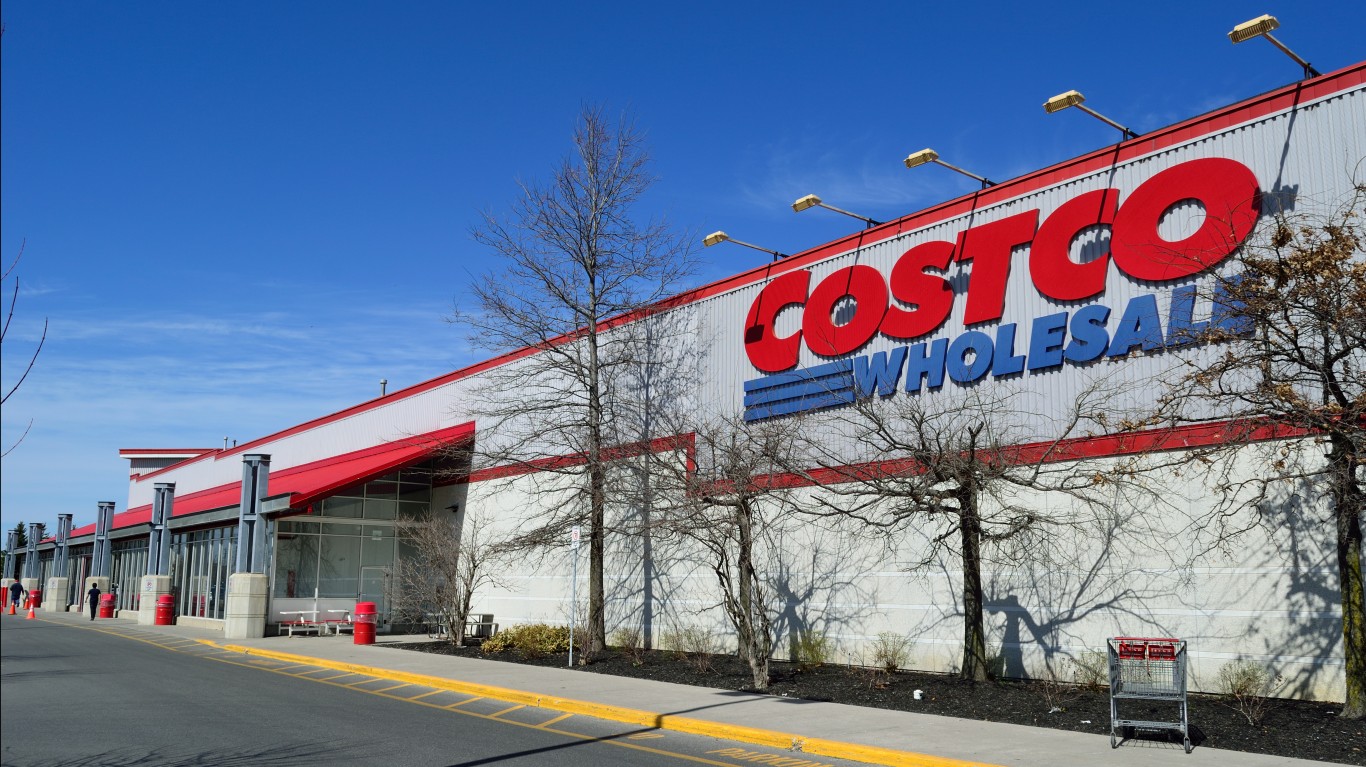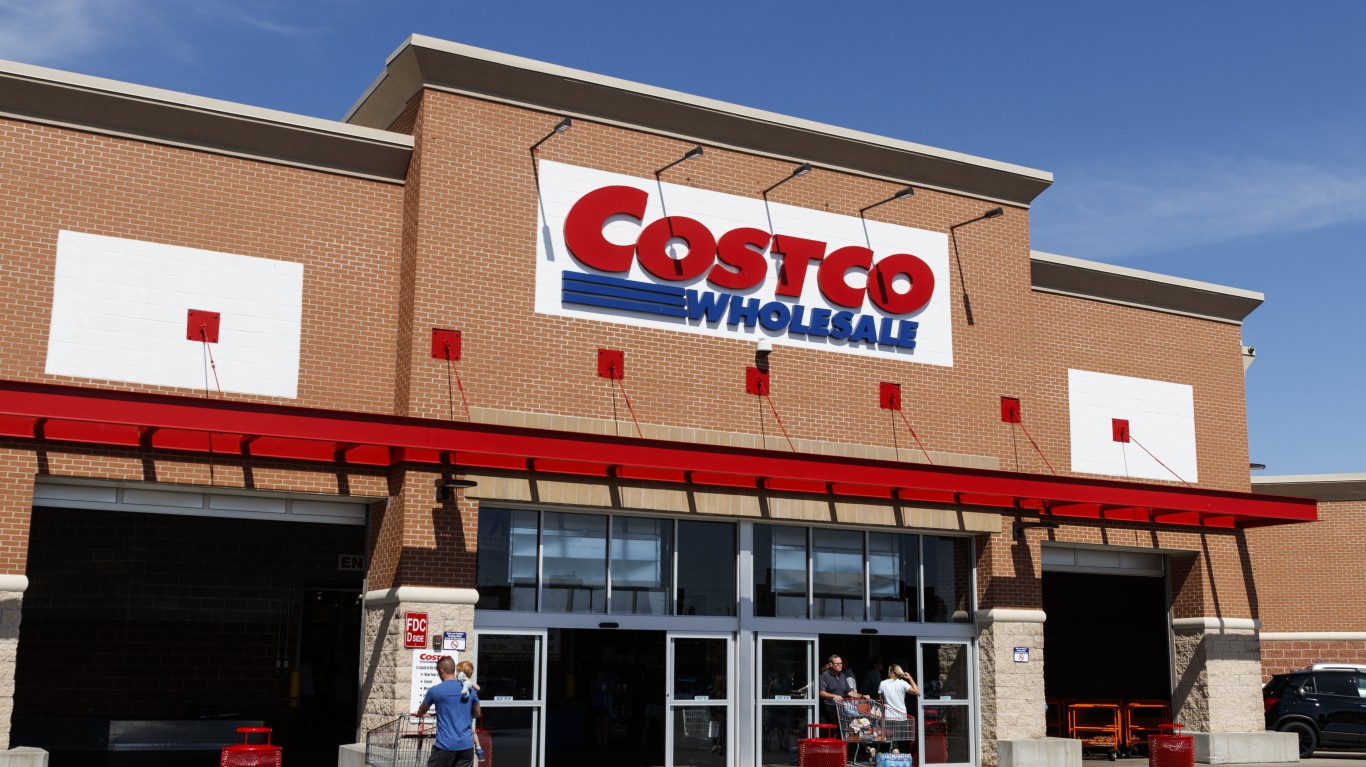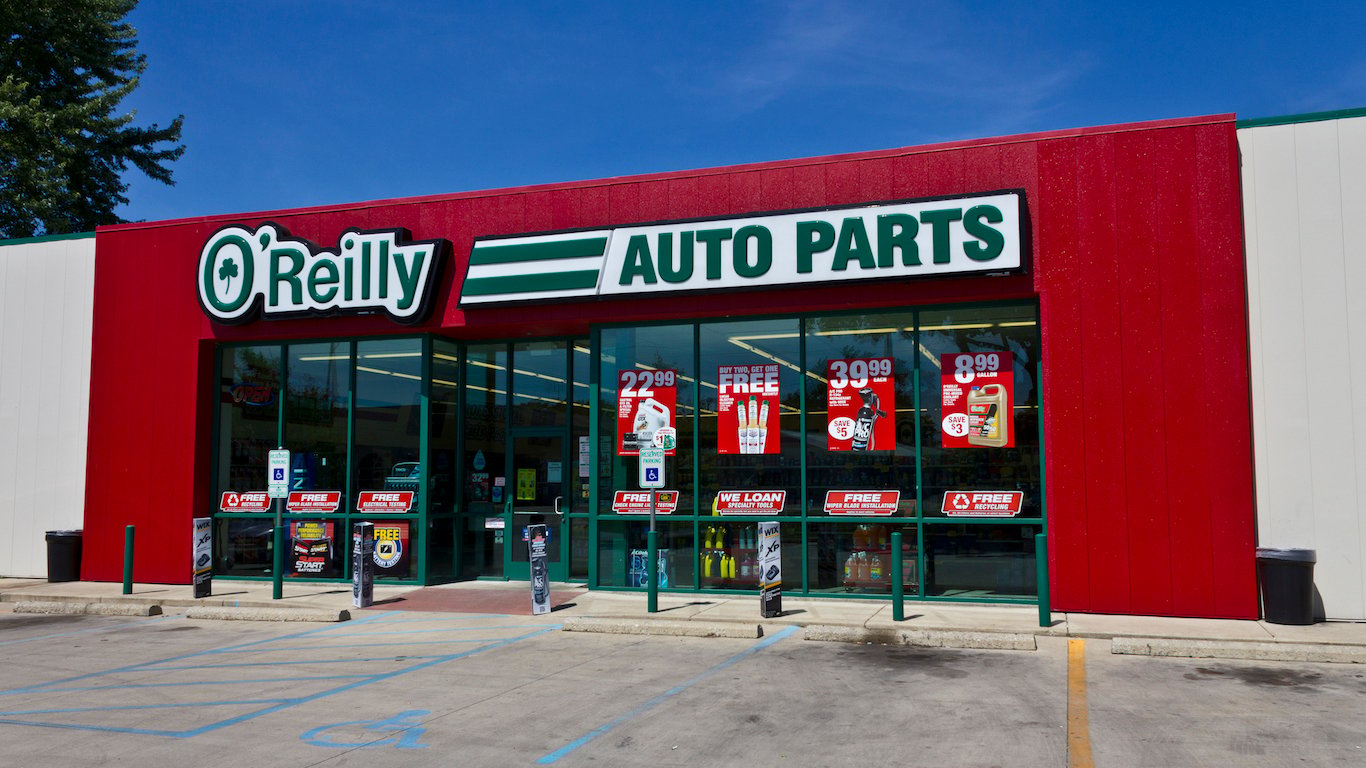

Investors may remember 2024 as the year of the stock split. With the year nearly half over, there have been three high-profile stocks that have split their stock. It started with Chipotle Mexican Grill Inc. (NYSE: CMG) which announced a 25-for-1 split. Since then, NVIDIA (NASDAQ: NVDA) and Broadcom (NASDAQ: AVGO) have each announced 10-for-1 splits.
Will that be it? It’s possible, but with many stocks trading at, or near, all-time highs, there may be more companies to announce splits. This article looks at three stocks that may be the next to split.
What is a Stock Split?

The formal definition of a stock split is an action taken by a publicly traded company in which it divides one common share of its stock into a number of smaller shares. This action doesn’t change the company’s market capitalization or a shareholder’s ownership stake.
Stock splits are important to investors because the primary reason that companies authorize splits is to increase liquidity in their stock. This, in theory, will increase buyer sentiment in the stock.
However, the term “split” is a little misleading because when a stock splits, shareholders receive more shares, but at a lower price proportionate to the split. So, for example, in a 2-for-1 split, a shareholder would receive two shares of common stock for every share they owned prior to the split date. Shareholders with 50 shares would now have 100. A shareholder with 100 shares would have 200, and so on.
Do Stock Splits Make a Stock More Valuable?

Stock splits don’t change the value of a stock or how much an investor owns. For example, if you own 50 shares of a stock trading for $500 before a split, you own $25,000 worth of the stock. If the stock splits five for 1, you’ll now own 250 shares, but each share will be worth $100. In other words, you’ll still own $25,000 of the company’s stock.
But stock splits historically have a psychological effect on investor sentiment. Even with the ability to buy fractional shares, many investors still want to buy full shares and when a stock’s price (which is different from its valuation) gets to a certain price point, investors may feel it’s too expensive.
Could Costco Offer Shareholders an Alternative to a Membership Fee Hike?

Costco Wholesale Corp. (NASDAQ: COST) is one of the best-performing companies over the last five years. That’s reflected in the company’s stock price. COST stock is up 218% in the last five years with most of that growth taking place since 2020. And in the last year, the stock is up 61%.
However, at 52x forward earnings, the stock looks a little overvalued. And investors may be a little disappointed that the company has no immediate plans to raise its membership fee. The company last raised the fee in 2017 and has historically raised it approximately every five years. But, in a nod to the inflationary pressures being felt by its customers, the company’s chief financial officer (CFO), Gary Millerchip says there are no defined plans to increase the membership fee.
Nevertheless, with COST stock trading at over $800 a share, it’s not unthinkable that the company could incentivize buyers with a split. It wouldn’t be unprecedented. Costco has split its stock seven times in its history. The last of those splits was a 2-for-1 split in 2000.
Will Booking Change Its Tune on Stock Splits

Booking Holdings (NASDAQ: BKNG) stock trades for over $3,800 per share. But according to the company’s chief executive officer (CEO), Glenn Fogel, if you’re waiting for a stock split, the company doesn’t want you as an investor.
That’s a bold statement, particularly for a company that made its shareholders endure a 1-for-6 reverse stock split in 2003. I know that’s ancient history and Fogel wasn’t in the picture at that time. And BKNG stock has more than doubled in the last two years, so it’s not like investors are shying away.
But life can come at you fast, and it’s fair to ask if the company will have the same posture if the current travel boom reverses course. Plus, for those who care about such things, short interest – while only representing about 2.2% of the company’s float – has been at a five-year high for much of the last year.
A Split Could Rev O’Reilly Automotive Higher

Auto parts retailers have been a winner since 2020 as higher car prices prompt more consumers to keep their current cars in working order. O’Reilly Automotive (NASDAQ: ORLY) is up 17% for the year, but the stock is down 7% in the three months ending June 24, 2024.
Some investors may see this as a time to buy the dip. But with ORLY stock trading at over $1,083 per share, it’s not unreasonable to think that like the consumers shopping for auto parts, price may be a concern.
To support that idea, investors should note that the stock’s volume is down about 55% compared to its 20-year average. It may be a good time for management to split the stock.
Thank you for reading! Have some feedback for us?
Contact the 24/7 Wall St. editorial team.



